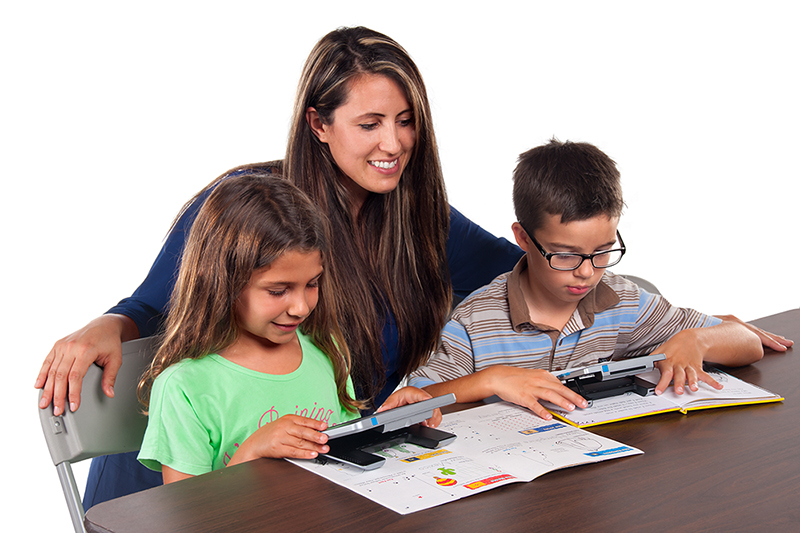Looking after our children’s health is our top priority once we become parents. Ensuring they are eating a healthy diet of fruits and vegetables, getting plenty of outdoor playtime, and enough sleep every night is important. Having regular checkups with the pediatrician can help prevent major illness. But what about their vision? Have you taken your child to an optometrist to test for common eye conditions in children? There are some eye conditions that children are born with or develop young that can be treated or corrected if caught early.
Dyslexia
Dyslexia is a learning disability that makes reading, writing, spelling and sometimes speaking difficult. It is caused by an impairment of the brain’s ability to translate images received from the eyes or sounds received from the ears into understandable language. Dyslexia is not an intellectual disability, since Dyslexia and IQ are not interrelated. The symptoms of Dyslexia depend on the severity of the disorder and the age of the person. Though there is no cure for Dyslexia there are treatments that can help reduce the symptoms.
Amblyopia (Lazy Eye)
Amblyopia or Lazy Eye is part of a brain development disorder. Lazy Eye is the number one cause of impairment of a single eye in children. However, if found early there are interventions, treatments, or surgery that can be used to correct or improve the sight in the Lazy Eye.
Myopia (Nearsightedness)
Nearsightedness is common in children especially if you as the parent have Myopia. The causes of Myopia in children are unknown, though heredity does seem to be a factor. Nearsightedness should not hinder your children in their development academically and can be corrected with glasses or contacts. However, to get your children the help they need to succeed, they need to be examined by an eye care professional.

Low Vision
If your child has low vision caused by juvenile macular degeneration or albinism there may not be a treatment available to prevent vision loss or correct vision to 20/20. There are ways that you can help your child use their remaining vision to the fullest. Visit a low vision specialist in your area to discuss devices, such as CCTV’s or video magnifiers, that will allow your child to use the vision they have. This will help them to succeed in school, enjoy reading books, and become more independent.
We want to help you find the right solution. Answer the three brief questions on our help me choose page to find the products suggested to help your child remain independent and successful in school.
Jul 28, 2020


